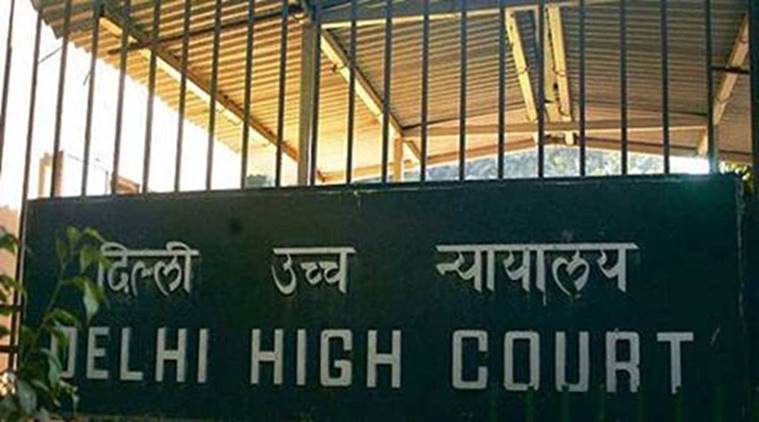NEW DELHI, Oct 6:
The Delhi High Court Tuesday sought replies from the Centre, the AAP Government and its own registry on a plea initiated by it on the Supreme Court direction to all high courts to monitor the pending criminal cases against MPs and MLAs.
A bench of Chief Justice D N Patel and Justice Prateek Jalan issued notice asking them to file affidavits indicating the steps taken pursuant to the apex court’s direction of September 16.
“Highlight the work done by you (Centre, Delhi Government and high court registry),” the bench said.
The Chief Justice also said that he has already given orders to appoint four judges in the subordinate courts.
The Supreme Court on September 16 had asked the chief justices of all high courts to forthwith list before an appropriate bench all pending criminal cases involving sitting and former lawmakers where stay was granted.
The direction came on a petition which was filed in 2016 and raised the issue of inordinately delay in disposal of criminal cases against former and sitting lawmakers.
The apex court had issued the direction after observing that there has been “no substantial improvement” in disposal of pending criminal cases against sitting and former lawmakers.
It directed the high courts that “in the event that a stay is considered necessary, the court should hear the matter on a day-to-day basis and dispose of the same expeditiously, preferably within a period of two month, without any unnecessary adjournment.”
“It goes without saying that the COVID-19 condition should not be an impediment to the compliance of this direction, as these matters could be conveniently heard through video conferencing,” the apex court also said.
Referring to a report placed before it in the matter, the top court had said that it indicated that about 175 cases under the Prevention of Corruption Act, 1988 and 14 cases under the Prevention of Money Laundering Act, 2002 are pending against sitting or former lawmakers.
“These are in addition to the 4,442 criminal cases indicated to be pending as per the earlier report of the amicus dated September 8, 2020,” the Supreme Court noted.
“With respect to increasing the number of special courts and rationalizing the pending criminal cases, we deem it appropriate that, before passing any specific direction in respect thereto, it would be appropriate to direct the chief justice of each high court to formulate and submit an action plan for rationalization of the number of special courts necessary.,” it added.
It had said that the aspects to be considered, while making the action plan, were — total number of pending cases in each district, required number of proportionate special courts, number of courts that are currently available, number of judges and the subject categories of the cases, tenure of the judges to be designated, number of cases to be assigned to each judge, expected time for disposal of the cases, distance of the courts to be designated and adequacy of infrastructure.
The top had also said that while preparing the action plan the chief justices of the high courts should also consider whether it would be necessary and appropriate to transfer cases where trial is going in an expeditious manner. (PTI)


